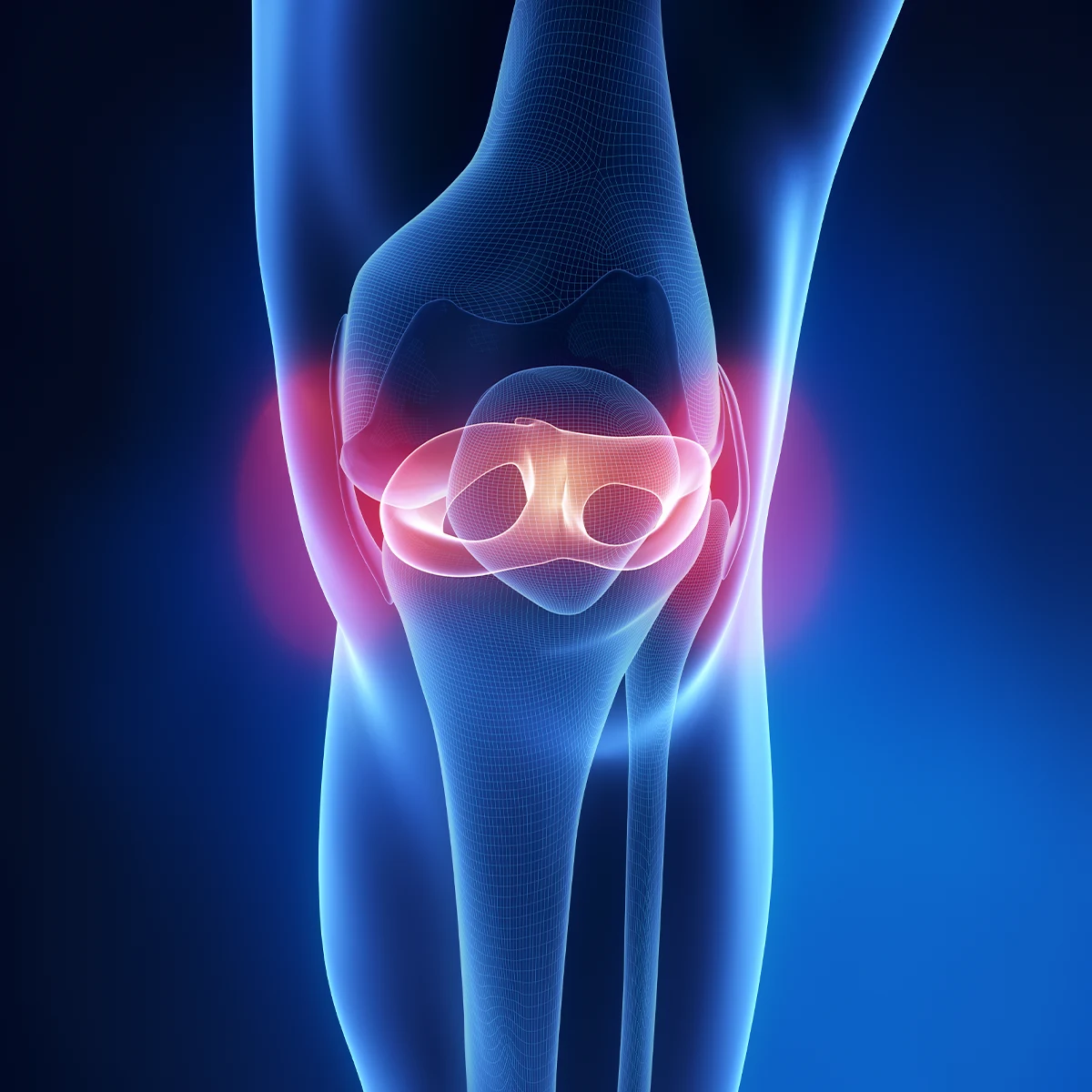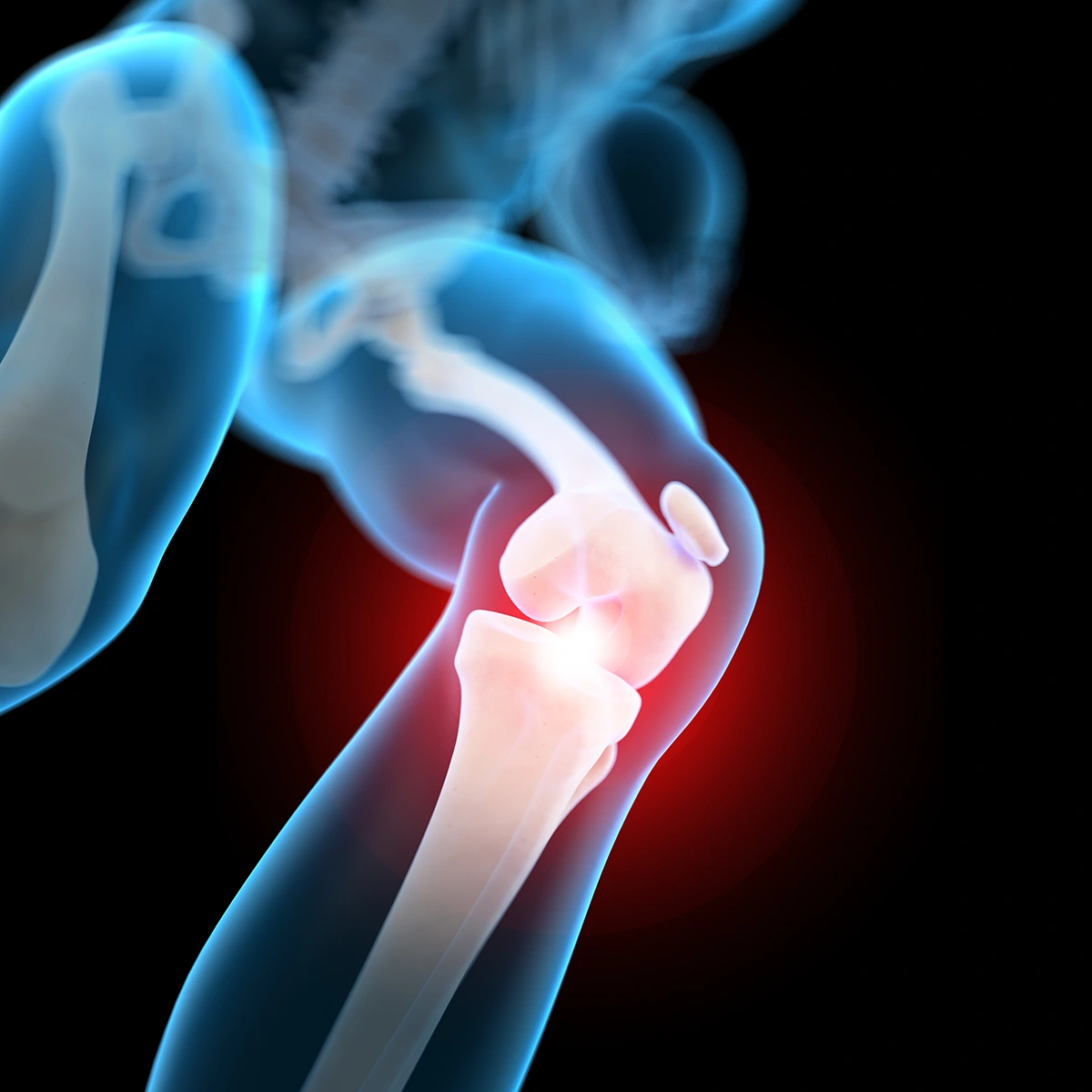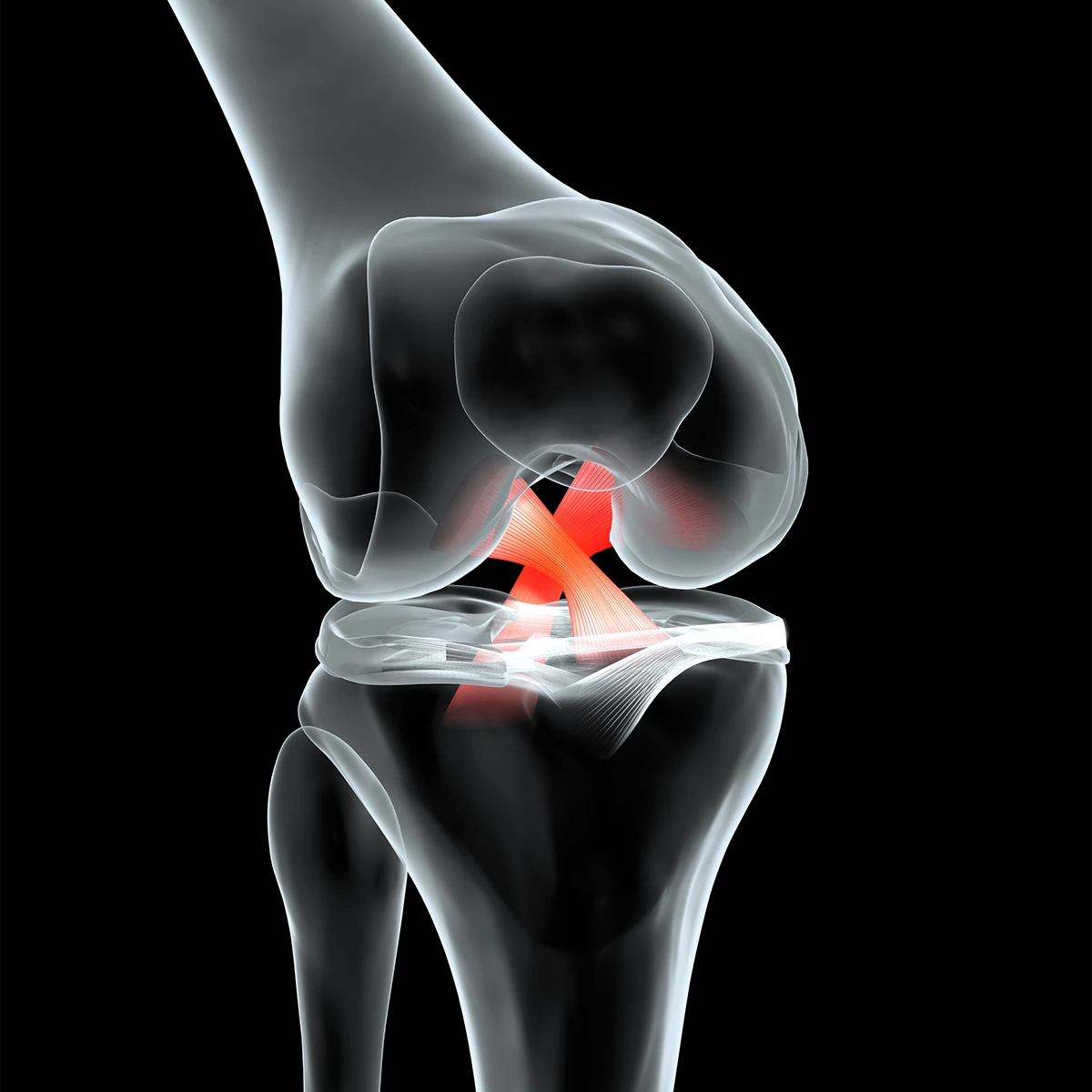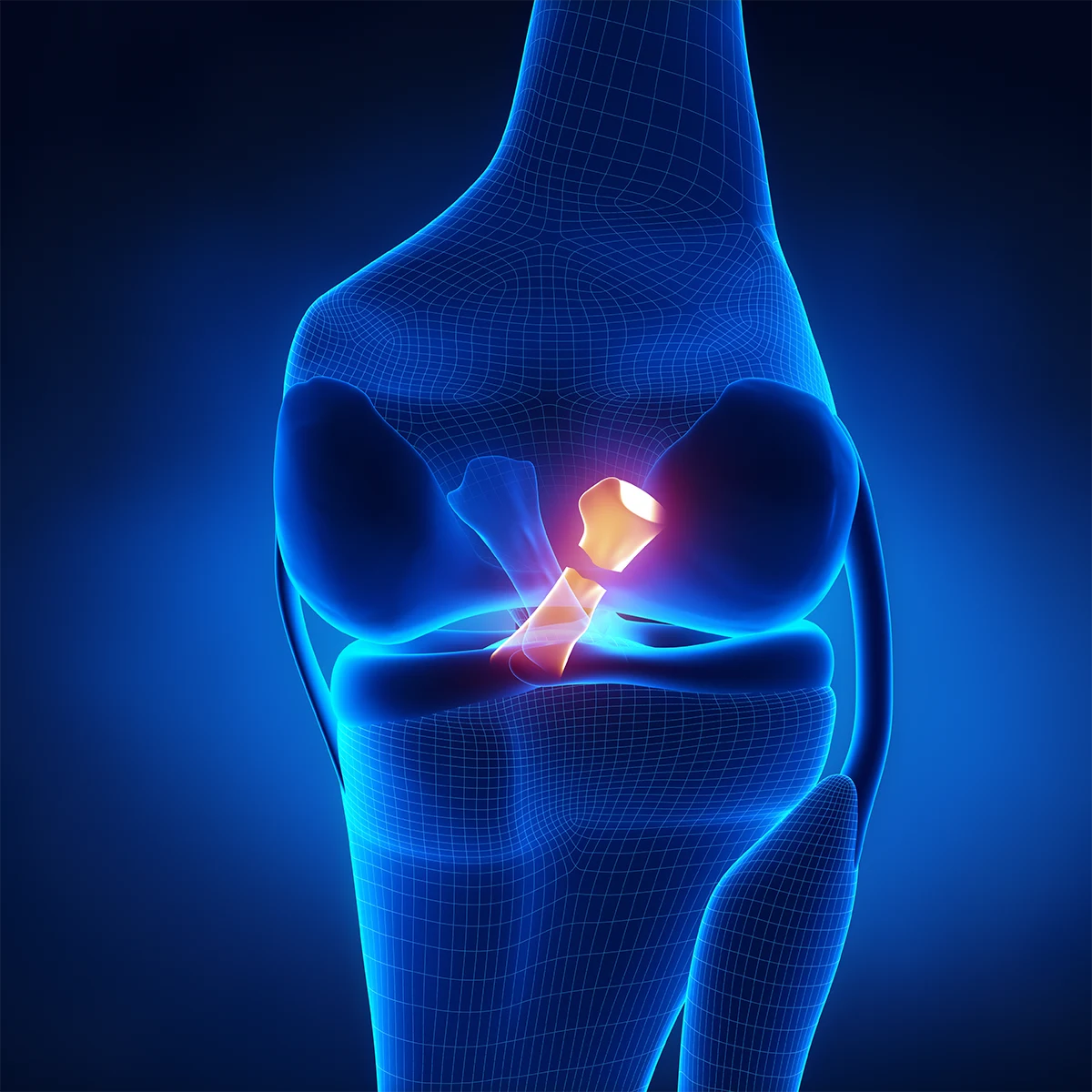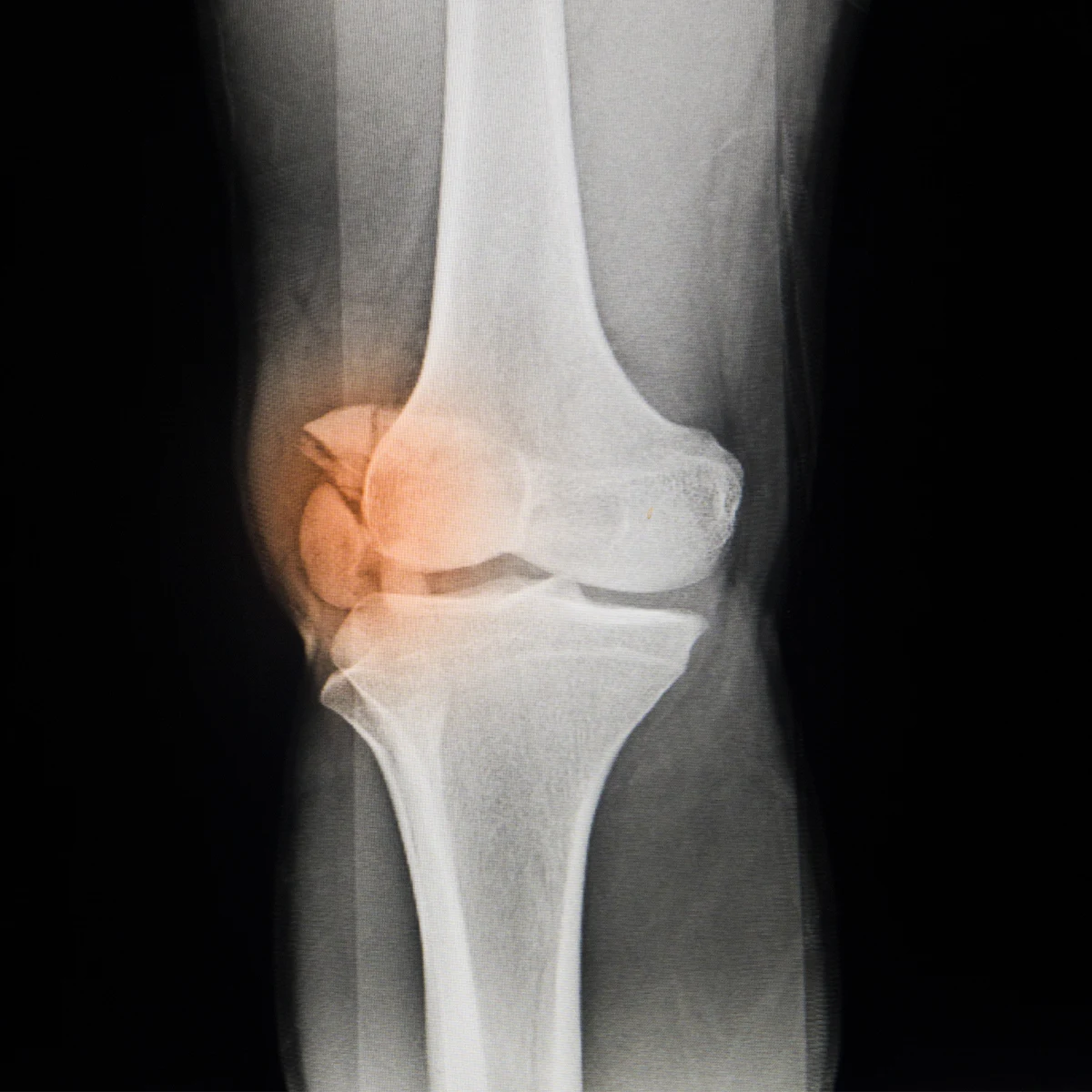Meniscus is a thin structure of cartilage that acts as a cushion between the knee bones (called tibia and femur). The rubbery wedges of cartilage act like shock absorbers for your knee joint. If your meniscus is injured or torn, your orthopaedic may recommend meniscus repair surgery to remove the damaged part or repair it.
Meniscus injury and surgery are common, especially among people who play sports. A sudden twist, turn or collision can cause a meniscus tear. People with arthritis in their knees are also more prone to meniscus tears.
Meniscus Tear Causes
Often, meniscus tears during a sudden motion in which your knee twists while a foot stays planted on the ground. The meniscus tear frequently occurs while playing sports, especially common in rugby and football.
People whose meniscus wears down, due to age and/or arthritis can tear a meniscus from a simple motion, such as stepping on an uneven surface. Sometimes, degeneration from arthritis causes a meniscal tear, even without a knee injury.
Meniscus Tear symptoms
Meniscus tear often feels like something has popped in their knee at the time of the injury. Other tear symptoms may include:
- Feeling like your knee might give out.
- Having knee pain, stiffness or a swollen knee.
- Being unable to fully bend or straighten your leg.
Meniscal Tear Diagnosis
Dr. Miano will first physically examine your knee, looking for signs of swelling. He will test your range of motion. You may also get imaging tests, such as X-rays or an MRI, to assess the damage.
Dr. Miano may recommend knee arthroscopy to accurately diagnose your meniscus injury. During this procedure, orthopaedic surgeon inserts a tiny camera (called an arthroscope) through a small incision into your knee.
Should surgery be needed, Dr. Miano is highly experienced in minimally invasive surgeries for meniscus repair surgeries. His track record of patient outcomes makes him one of the best knee surgeons in Nairobi and Kenya as whole.
Meniscus Tear Treatment
Depending on the size and location of your meniscus tear, it may heal without surgery. You may be adviced to take a nonsteroidal anti-inflammatory medicine (such as ibuprofen or aspirin) to relieve knee pain and reduce swelling.
In the days following your injury, you should also follow the RICE protocol. RICE stands for Rest, Ice, Compression and Elevation.
- Rest - Immediate rest is necessary for healing and limits weight bearing on your knee.
- Ice - When you're awake, try to ice your knee at least every two hours for 20 minutes at a time.
- Compression - Wrap an elastic bandage or compression wrap around the injured knee.
- Elevation - Lie down with your injured knee propped up on a cushion or a pillow.
Meniscus Repair Surgery
Ready to book an appointment?
Other Knee Conditions


